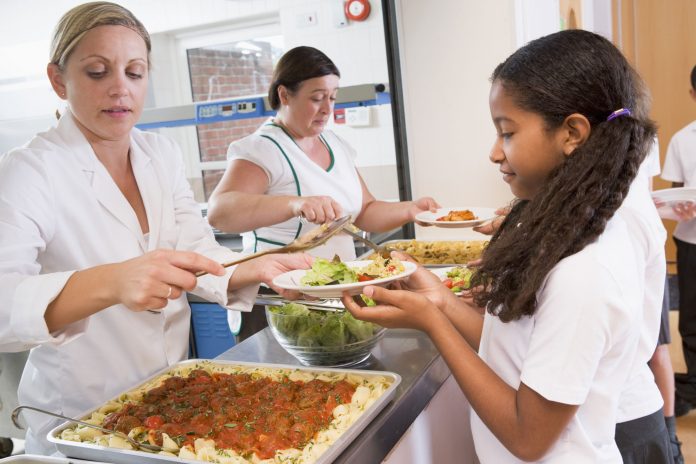A total of 160,000 children are to miss out on free school meals under changes to Universal Credit rules, according to a leading thinktank.
New analysis published today by the Insitute for Fiscal Studies, and funded by the Office of the Children’s Commissioner, finds that overall slightly more children from low-income households will be eligible for the meals once Universal credit is fully rolled out than would have qualified under the legacy system it replaces.
That represents,an increase of roughly 50,000 children (or 4%), costing the Exchequer an extra £20-30 million per year. But the study finds that the net change hides many more winners and losers.
The Think tank found that about 210,000 children who would not have qualified under the legacy system will gain entitlement but about 160,000 (13%, or 1 in 8) of the 1.3 million children who would have qualified under the legacy system will find themselves ineligible under Universal Credit.
The number of children with at least one parent in paid work who will be eligible will increase by around 140,000 (though again with winners and losers). 90,000 children in workless families will lose eligibility for the free meals largely because their parents have unearned income or assets that disqualify them from Universal Credit.
The net increase in eligibility is entirely accounted for by the children of lone parents: among the children of couples, there will be as many losers as winners. But there are winners and losers within both groups.
About two-thirds of the children entitled are in the lowest-income fifth of households with children. This will remain essentially unchanged after the switch. However, under the new system, as is the case under the legacy system it replaces,only about half of children in the poorest fifth will be entitled to free school meals.
Tom Waters, an IFS Research Economist and an author of the new analysis, said :
“The change in the structure of the benefits system inherent in universal credit means that the government was always going to have to come up with a new way of determining which children qualify for free school meals. This meant it either had to spend more public money on them in total or create some losers. Its chosen path does a combination of the two. It creates a substantial number of losers, but also a greater number of winners, with children of lone parents and of working parents especially likely to gain entitlement.”







